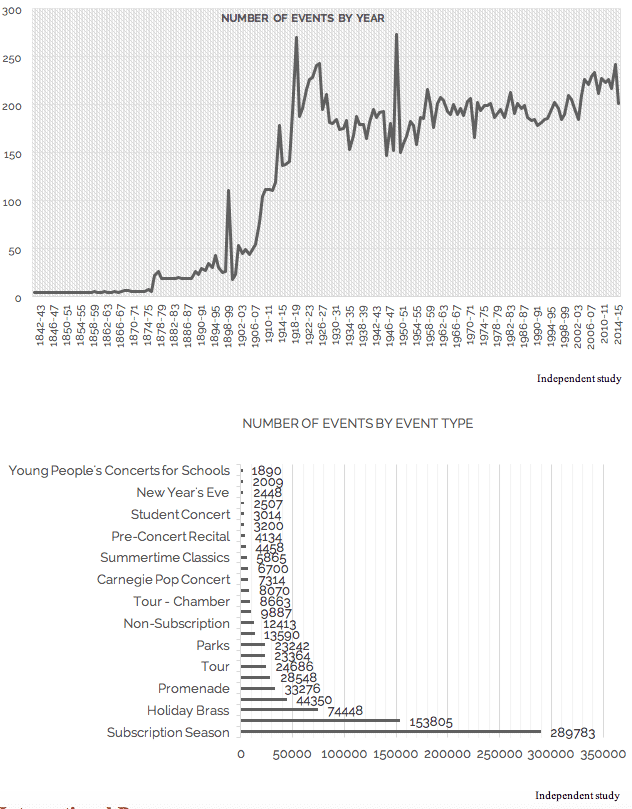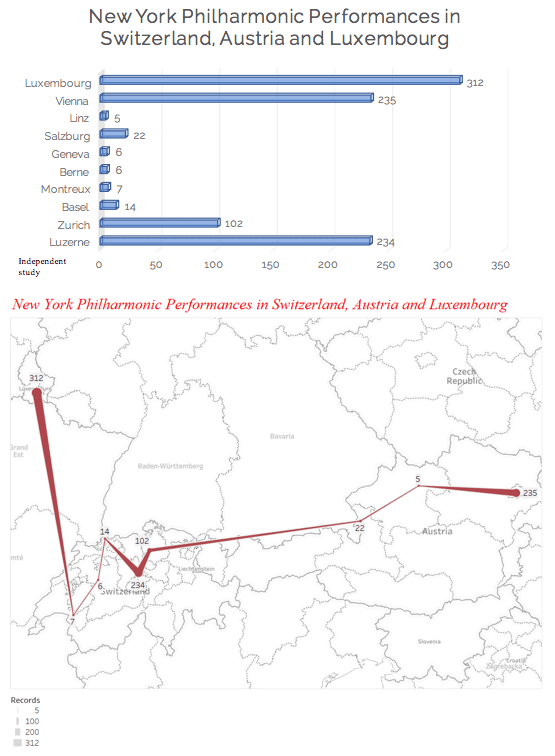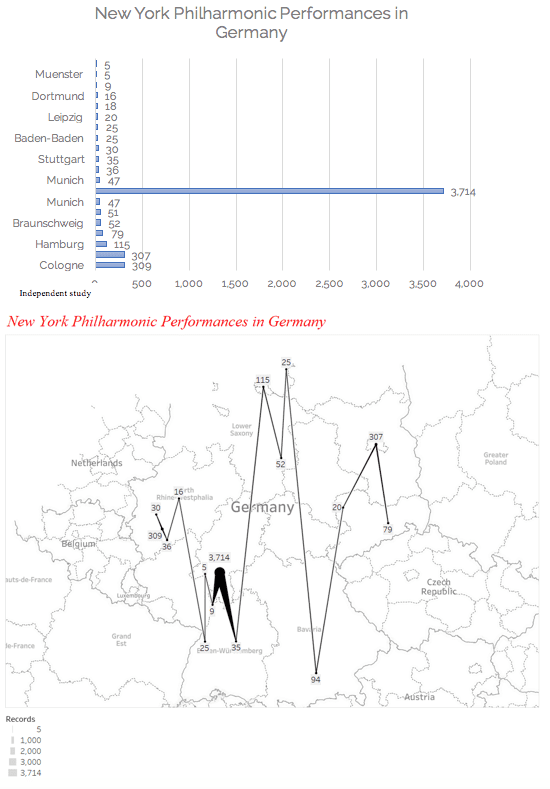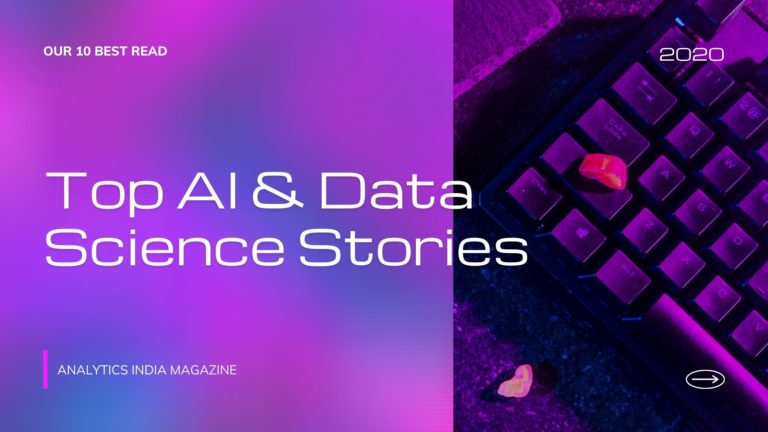The New York Philharmonic plays a leading cultural role in New York City, the United States, and the world and it was founded by the American conductor Ureli Corelli Hill in 1842, with the help of the Irish composer William Vincent Wallace, it was then called the Philharmonic Society of New York, it was the third of its kind on the American soil since 1799 and took as it’s purpose “the advancement of instrumental music”.
The first concert took place on December 7, 1842c in the Apollo Rooms on lower Broadway before an audience of 600-700, the concert opened with the Beethoven’s Symphony No.5, led by Hill and two other conductors, Henry Christian Timm from Germany and French-born, Denis Etienne, they led the three-hour program which included chamber music and several other operatic selections with the leading singers of the day. At the end of the season, the players would divide any proceeds among themselves. Beethoven remains one of the most popular composers.
Beethoven’s Ninth and a new home
The group was doing well and only after a dozen performances within four years, the Philharmonic organized a concert to raise funds to build a new music hill, the centerpiece was the premiere of Ludwig Van Beethoven’s Symphony 9 and had to take place at Castle garden on the southern tip of Manhattan, around 400 instrumental and vocal performers were arranged and the orchestra was conducted by George Loder, this was the first time that the chorals were translated into English.
International Presence
The New York Philharmonic Orchestra is a long leader in the American Music life and has become renowned around the globe, having appeared in around 62 countries on five. Historical tours include the first tour to Europe with the composer Toscanini, the tour of USSR, in 1959 with Leonard Bernstein. The orchestra is committed to developing tomorrow’s leading orchestral musicians, the Philharmonic has established the New York Philharmonic Global Academy, the orchestra also continues its residency partnership with the University Musical Society of the University of Michigan.
Austrian, Luxembourgian and Swiss Performances
German Performances
Belgian Performances
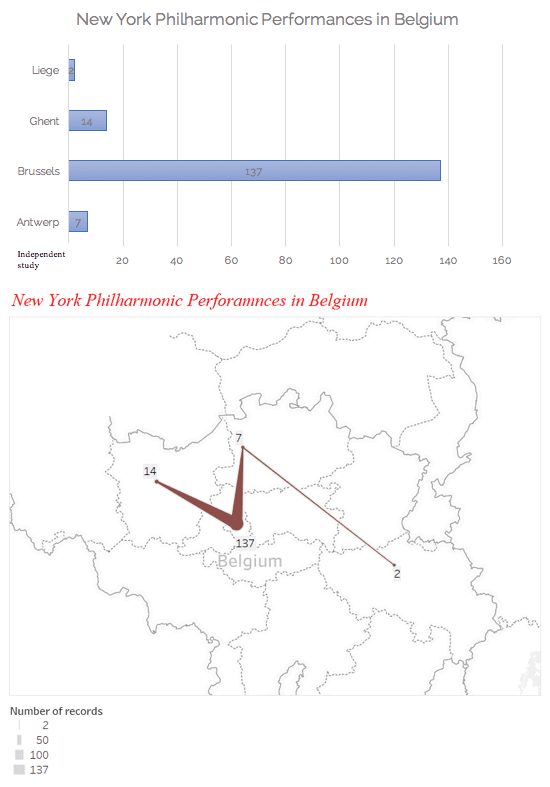
Big data and Spotify
Spotify is a commercial music streaming service, it was launched in the year 2008 and since then it has registered around 25 million active users of which 6 million are paying for premier services. Its social marketing is also strong as it has 3.7 million Facebook fans, plus its database has around 20 million songs with the list increasing every day. Its popularity can be noted by the fact that users have created over 1 billion playlists and over $500 million has been paid out to rights holder since the initial launch, without big data techniques, Spotify would not exist.
The whole organization has an incline towards data as users create around 600 Gigabytes of data every day and 4 Gigabytes of data is generated in Hadoop. The organization has 28 Petabytes of storage which is spread out four data centers across the world. Along with stringent hardware capabilities, they have also developed a workflow manager on Python called Luigi which is open sourced. Most of the data is open to the public that allows billions of log messages which in turn helps Spotify to provide music recommendations.
The data is primarily used in decision-making and forecasting to provide a personalized touch to every user as the company has an ever-growing presence in many countries, plus more listeners account for more data creation and in coming years the recommendation algorithm will be more precise, thus more payouts to the right holders. Big data truly enabled Spotify to change the music industry and has attracted in creating of various streaming services such as Netflix and Amazon Prime which has brought the entertainment industry to the brink of digital revolution.
Role of big data and analytics in the entertainment industry
Steve Jobs introduced the iPod around 15 years ago and since then music fans have embraced this radical change on how they listen to music, but people don’t understand how raw data and information which is accumulated via downloads and online searches influences the entire entertainment industry cause the effect comes to the overall margin and not only what songs are marketed and sold but what become hits.
Although decisions still hinge upon subjective assumptions and rest upon the executive about what sounds good or which artist will be easier to market, the overall decisions are increasingly shaped by big data and the analytics that help this information turn into actions. Big data is a relative term that reflects a amount of information people generate and over the years, its been a lot. Experts estimate that humans generate more information in one minute than in every moment from the earliest historical record through 2000. Unsurprisingly, harnessing this data has shaped the entertainment industry in radically new ways.






